Understanding the Balance: Why Holistic Medicine Isn’t Pushed as Much as Traditional Modern Medicine Practices
The world of medicine is a diverse landscape, comprising various approaches and philosophies. While traditional modern medicine remains the dominant paradigm, holistic medicine has gained recognition for its patient-centered, natural healing approach. In this blog, we explore some reasons why holistic medicine isn’t as widely promoted or pushed as traditional modern medicine practices.
1. Lack of Scientific Evidence:
Traditional modern medicine is firmly grounded in scientific research and evidence-based practices. Holistic medicine, on the other hand, often relies on historical use, anecdotal evidence, and individual experiences, making it challenging to meet the rigorous standards of scientific validation. This lack of empirical evidence can lead to skepticism among medical professionals and regulatory bodies.
2. Limited Research Funding:
Holistic medicine may face challenges in securing research funding due to its alternative and non-pharmacological nature. Pharmaceutical companies and government agencies tend to prioritize studies that align with their interests, often favoring traditional modern medicine.
3. Resistance from Mainstream Institutions:
The medical establishment has deep-rooted traditions and institutional inertia that may be resistant to embracing alternative approaches like holistic medicine. The established infrastructure and educational systems largely support conventional medicine, making it difficult for holistic practices to gain widespread acceptance.
4. Regulatory and Legal Barriers:
Holistic medicine faces regulatory hurdles and legal challenges, as many countries have strict guidelines and licensing requirements for medical practices. The lack of standardized accreditation for holistic practitioners may limit their recognition and public trust.
5. Pharmaceutical Influence:
The pharmaceutical industry wields significant influence in the medical field, as it invests heavily in research, development, and marketing of pharmaceutical drugs. This influence can lead to a preference for conventional treatments, potentially overshadowing holistic approaches.
6. Insurance Coverage:
Insurance companies often provide coverage for traditional modern medical treatments but may not offer the same support for holistic therapies. The lack of insurance coverage can deter patients from exploring alternative options due to financial concerns.
7. Cultural Beliefs and Stigma:
Some societies have deeply ingrained beliefs that prioritize modern medicine over holistic practices. Stigma and skepticism surrounding holistic medicine can dissuade patients and healthcare professionals from embracing these alternatives.
8. Limited Holistic Integration in Medical Education:
Medical education primarily focuses on traditional modern medicine, leaving little room for the integration of holistic principles and practices. This lack of exposure can perpetuate the perception that holistic medicine is less credible or less effective. While holistic medicine offers unique benefits and has garnered a dedicated following, several factors contribute to its limited push compared to traditional modern medicine practices.
Overcoming these challenges will require collaborative efforts from healthcare professionals, policymakers, and the public to foster a more inclusive and balanced healthcare system that acknowledges and integrates the merits of both approaches. By addressing the gaps in research, regulation, education, and societal perceptions, we can promote holistic medicine as a valuable and complementary aspect of comprehensive healthcare.




